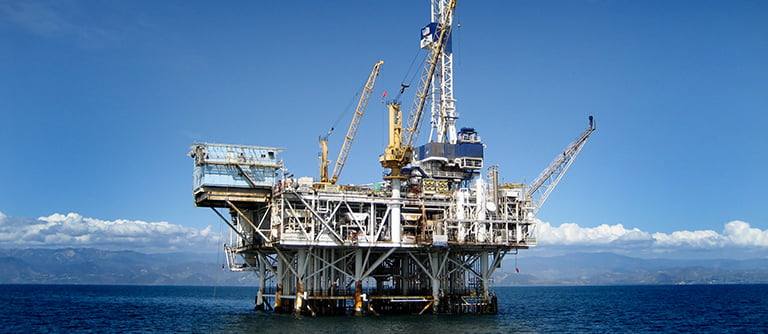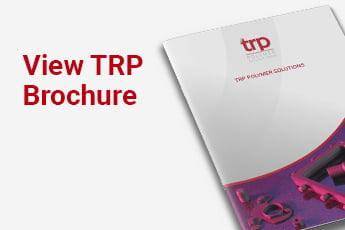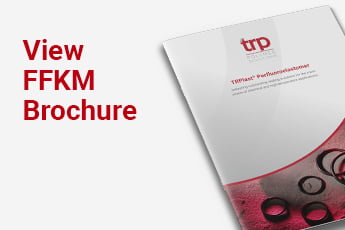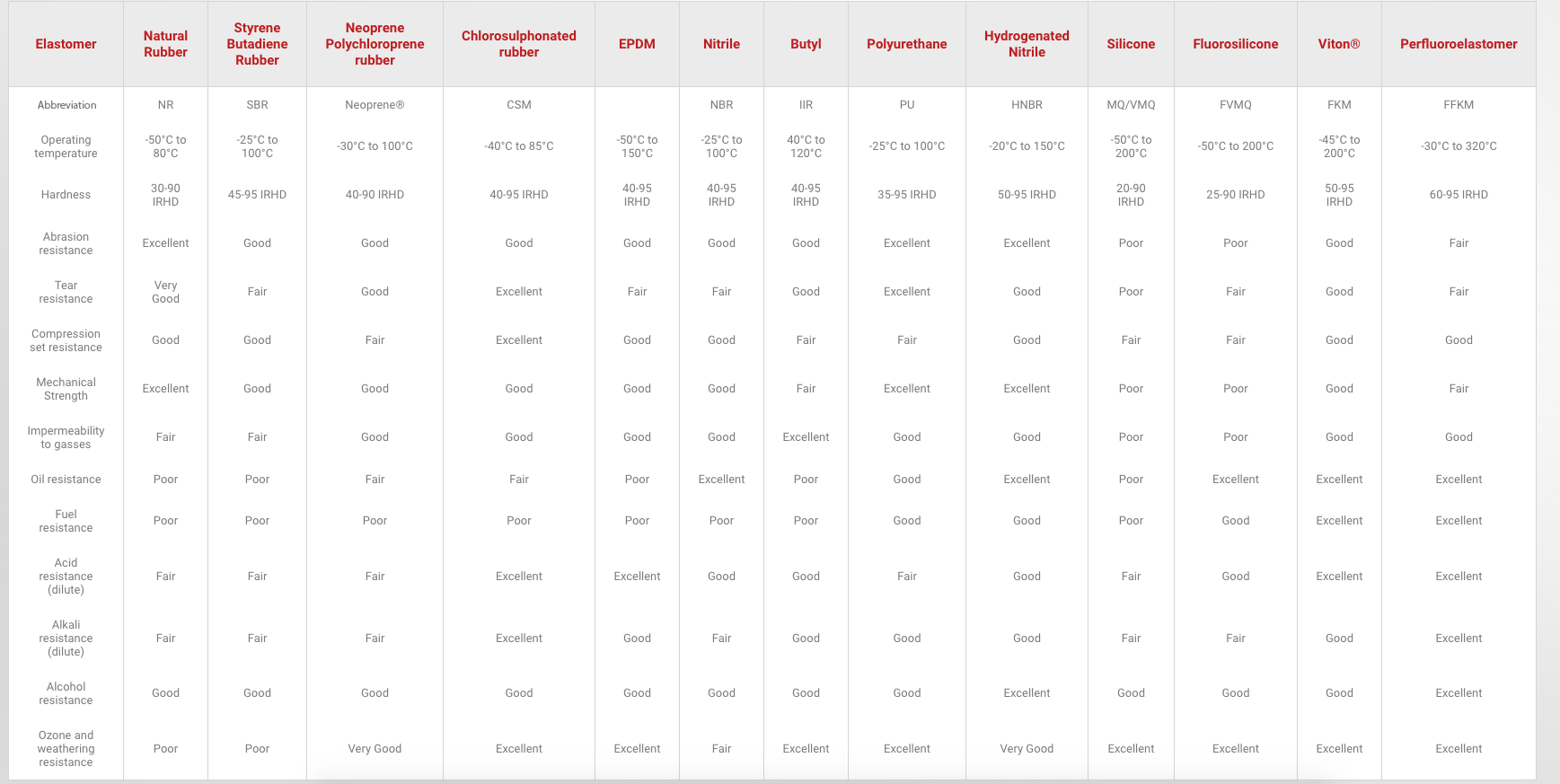Types of oil resistant rubber
TRP Polymer Solutions employs a range of oil resistant materials for the manufacture of high-performance sealing solutions destined for heavy-duty industries. Offering superior resistance to oils, sour gas, chemicals and rapid gas decompression (RGD), our oil resistant rubber materials are simply the best.
The importance of oil resistant rubber
In manufacturing processes that are heavily reliant on the presence of oils – such as in the oil and gas, automotive and aerospace industries – rubber seals are subjected to the most intensive challenges. In these types of operating environments, day-to-day contact with oils could cause unsuitable rubber materials to quickly degrade and fail.
As with any application, the right tools are needed for the job. Just as manufacturers shouldn’t scrimp on the power, performance and safety of large-scale machinery, nor should they accept anything less than the highest quality grades of oil resistant rubber – in our opinion, anyway!
Typical oil resistant materials
TRP Polymer Solutions offers several specially formulated, oil resistant compounds, including the following fuel resistant rubbers.
Hydrogenated Nitrile (HNBR)
Hydrogenated acrylonitrile butadiene rubber, or HNBR for short, is an exceptional elastomer. It is derived from regular nitrile rubber (NBR) by a process of hydrogenating unsaturated bonds in the butadiene units of the polymer. HNBR’s resulting properties depend on the degree of hydrogenation of the butadiene copolymer and the acrylonitrile content. However, it generally exhibits better oil and chemical resistance than conventional nitrile rubbers, as well as a superior operating temperature range of -20°C to +150°C.
HNBR offers excellent resistance to oils and fuels. The benefits do not stop there though, because this fuel resistant rubber is also impervious to many chemicals, sunlight and ozone. Its mechanical properties include excellent tensile and tear strength, and a high degree of abrasion resistance. HNBR also delivers first-rate dynamic behaviour at the upper end of its temperature capabilities. Typical applications include ‘O’ rings for oil and gas applications, packers and water stop seals.
Tetrafluoroethylene/propylene dipolymer (Aflas®)
Tetrafluoroethylene/propylene dipolymer is a member of the Fluoroelastomer (FKM) family. The chemical structure of this tongue-twister of an oil resistant rubber is based on an alternating copolymer of TFE and propylene (FEPM). It was first developed in 1975, a mere five years after the invention of FKM. Its inventors, Asahi Glass Ltd, wisely decided to launch the material under the somewhat snappier brand name, AFLAS®.
The unique polymer structure of Aflas® gives it some impressive properties. It operates admirably at high temperatures, with an operational temperature range of -5°C to +200°C, and can withstand the effects of superheated steam. It is also highly resistant to ammonia, amines, alkalis and – of course – a range of oils, including glycol-based brake fluids. Aflas® is commonly used in ‘O’ rings and packers for oil and gas applications, as well as for gaskets in chlorine and chlorate manufacturing.
Perfluoroelastomer (FFKM)
Our very own, specially formulated grades of TRPlast™ Perfluoroelastomer (FFKM) are the ideal oil resistant materials for downhole conditions. Combining exceptional chemical resistance to sour gas and other fluids with exemplary Rapid Gas Decompression (RGD) resistance, TRPlast™ Perfluoroelastomer is the material of choice when it comes to producing high-performance oil resistant ‘O’ rings and RGD resistant seals for even the most demanding of operational environments.
Our TRPlast™ ED105 FFKM material is the perfect option for oil ‘O’ rings, quad rings, t-Seals, backup rings, plug packers, valve stem packers, rotating equipment and sampling apparatus. We can even supply grades with full Norsok M-710 approval, which we can deliver either as custom moulded parts or high-performance oil resistant ‘O’ rings.
Fluoroelastomer (FKM)
Fluoroelastomer, known in the industry as FKM, contains strong carbon-fluorine bonds that give it a range of beneficial properties. Fluoroelastomers operate effectively under severe chemical conditions and at higher temperatures than many other seal materials simply could not cope with. According to the selected grade, they are also well suited to the rigours of applications involving petroleum fuels, mineral-based hydraulic fluids and many solvents.
FKM seals can operate within a wide operational temperature range from -45°C to 200°C, with new grades offering excellent performance at low temperatures. This oil resistant material exhibits good mechanical properties and can be formulated for explosive decompression, CIP, SIP and FDA applications. As such, FKM is typically used in chemical processing, oil and gas, and with heavy-duty machinery.
Oil resistant rubber for pipe-in-pipe applications
Among the typical fuel resistant rubber products designed and manufactured in-house at TRP Polymer Solutions are ‘O’ rings, packers and water stop seals for pipe-in-pipe (PiP) products used in subsea field development. We are also currently working on a range of new RGD resistant materials that are set to launch in 2019. Watch this space!
For more information about any of our oil resistant materials, or to discuss your application in more detail, please contact a TRP expert today on +44 (0)1432 268899 or email sales@trp.co.uk.






